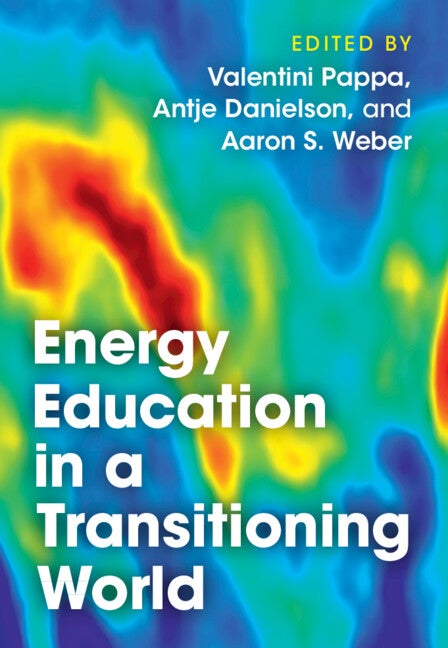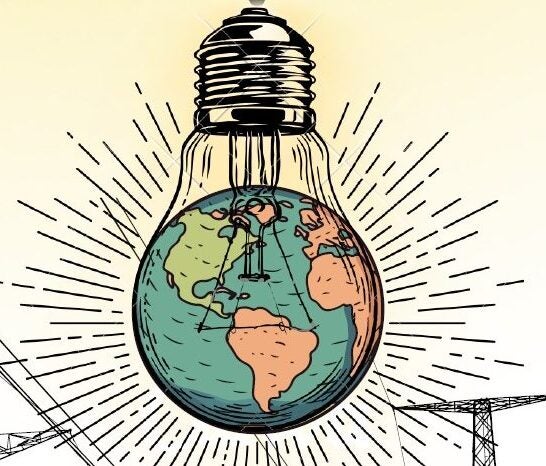Energy Studies Education
Energy education is critical in the face of an urgent clean‐energy transition, yet academic curricula have struggled to keep pace with rapid advances in technology, economics, policy, social science, and pedagogy. This project offers cutting-edge curricula and resources to help educators cultivate a professional workforce equipped to design and implement low‐carbon policies and technologies to address energy insecurity and decarbonization challenges.
- 75% Of all Global Greenhouse Emissions are from Energy
- 65% of UN SDG Targets Require Energy Action
- 85% Of UN SDGs align with SDG 7 on affordable, clean energy for all
Scholars are invited to collaboratively develop energy education resources that embrace comprehensive, interdisciplinary, and transdisciplinary approaches. By integrating systems thinking, modeling, social equity, and emerging analytic tools across all learning levels and regions, we can accelerate capacity building and drive a just, effective, clean‐energy future.
Call for White Papers
This project aims to build a repository of curricula, best practices, and case studies in the field of energy studies. Educators are invited to become a part of this transition in energy education by submitting a white paper with techniques and educational practices at the forefront of the field. This living collection will be maintained on this website.
Plese submit your expression of interest by Spring 2026 to Dr. Valentini Pappa at vap41@georgetown.edu

Forthcoming Publication: Energy Education in a Transitioning World
Edited by: Valentini Pappa, GU-Q; Antje Danielson, MIT; and Aaron Weber
This book offers a comprehensive, interdisciplinary guide to embedding climate-focused energy awareness at every stage of an educational program. Combining engineering, the physical sciences, and the social sciences, it walks through the steps of specifying, designing, implementing, and evaluating initiatives tailored to diverse learner groups, ensuring engagement through project-based, hands-on experiential learning. Ideal for academics developing undergraduate and graduate courses, educational program managers, and early-career energy professionals, this book equips you to cultivate an agile, knowledgeable workforce ready to lead the global energy transition.
Energy Humanities Education
The Energy Humanities research initiative collects and curates innovative teaching resources to assist in educating students to understand the ways in which energy systems impact their lives, building capacity for future energy policymakers.
To contribute to this repository, email energyhumanities@georgetown.edu, with the subject line “Resources.”
